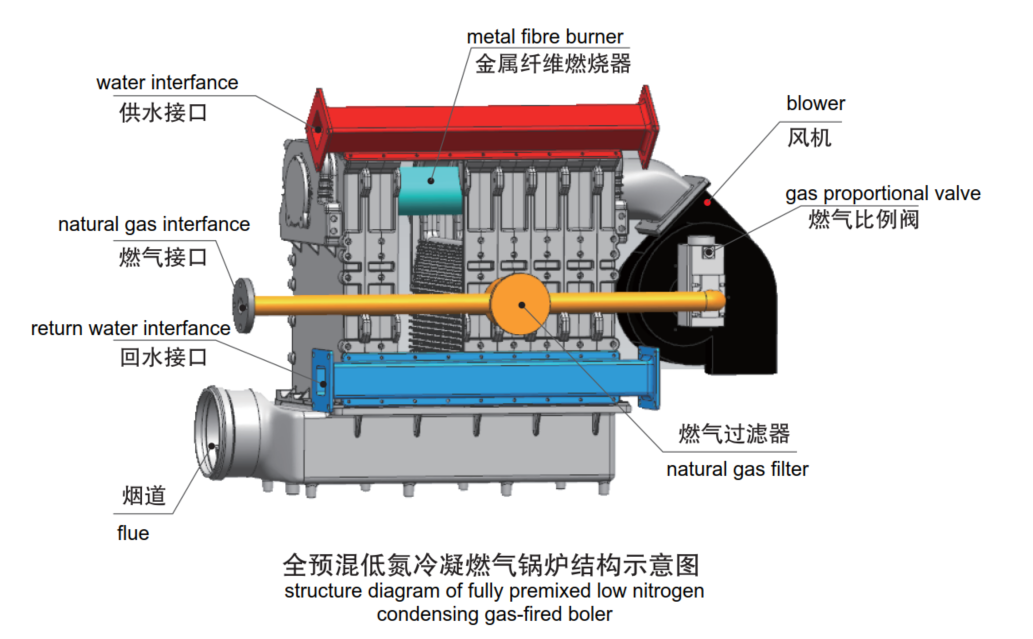- Afrikaans
- Albanian
- Amharic
- Arabic
- Armenian
- Azerbaijani
- Basque
- Belarusian
- Bengali
- Bosnian
- Bulgarian
- Catalan
- Cebuano
- China
- China (Taiwan)
- Corsican
- Croatian
- Czech
- Danish
- Dutch
- English
- Esperanto
- Estonian
- Finnish
- French
- Frisian
- Galician
- Georgian
- German
- Greek
- Gujarati
- Haitian Creole
- hausa
- hawaiian
- Hebrew
- Hindi
- Miao
- Hungarian
- Icelandic
- igbo
- Indonesian
- irish
- Italian
- Japanese
- Javanese
- Kannada
- kazakh
- Khmer
- Rwandese
- Korean
- Kurdish
- Kyrgyz
- Lao
- Latin
- Latvian
- Lithuanian
- Luxembourgish
- Macedonian
- Malgashi
- Malay
- Malayalam
- Maltese
- Maori
- Marathi
- Mongolian
- Myanmar
- Nepali
- Norwegian
- Norwegian
- Occitan
- Pashto
- Persian
- Polish
- Portuguese
- Punjabi
- Romanian
- Russian
- Samoan
- Scottish Gaelic
- Serbian
- Sesotho
- Shona
- Sindhi
- Sinhala
- Slovak
- Slovenian
- Somali
- Spanish
- Sundanese
- Swahili
- Swedish
- Tagalog
- Tajik
- Tamil
- Tatar
- Telugu
- Thai
- Turkish
- Turkmen
- Ukrainian
- Urdu
- Uighur
- Uzbek
- Vietnamese
- Welsh
- Bantu
- Yiddish
- Yoruba
- Zulu
Aug . 06, 2024 14:44 Back to list
Exploring Manufacturing Techniques for EN877 Gray Cast Iron Pipe Casting in Various Factories
The Significance of EN 877 Gray Cast Iron Pipe Casting Factories
The manufacturing of gray cast iron pipes has long been a cornerstone of civil engineering and infrastructure development. Among the standards defining the quality and specifications of these pipes, the EN 877 standard stands out, particularly in Europe. This standard provides guidelines for the design, manufacturing, and quality control of gray cast iron pipes intended for drainage, sewerage, and ventilation systems. Factories that specialize in the casting of these pipes play a crucial role in ensuring that the essential infrastructure meets both safety and performance requirements.
Understanding EN 877
EN 877 is a European standard that specifies the requirements for cast iron pipes and fittings, which are primarily used for drainage applications. This standard addresses various essential factors, including chemical composition, mechanical properties, and dimensional tolerances, ensuring that the products maintain structural integrity under various conditions. One of the notable characteristics of gray cast iron is its excellent corrosion resistance, durability, and ability to withstand high pressures, making it an ideal choice for underground and above-ground installations.
The Role of Gray Cast Iron Pipe Casting Factories
Factories specializing in EN 877 gray cast iron pipe casting employ advanced technologies and processes to produce high-quality pipes. The casting process typically involves melting gray iron alloys and pouring them into molds that shape the final product. This process must be meticulously controlled to ensure that the final pipes meet the stringent requirements outlined in the EN 877 standard.
Quality control is a critical aspect of production in these factories. Throughout the manufacturing process, numerous tests are conducted, including mechanical testing, chemical analysis, and dimensional inspections. This rigor ensures that each pipe can handle the demands of its intended application, which often includes exposure to corrosive environments, mechanical stress, and temperature fluctuations.
en877 gray cast iron pipe casting factories

Moreover, these factories contribute to the sustainability of infrastructure development. Gray cast iron is often recyclable, and factories frequently implement environmentally friendly practices such as energy-efficient melting processes and waste recycling programs. These initiatives not only minimize environmental impact but also enhance the overall sustainability of construction projects.
Global Impact and Localization
While EN 877 is a European standard, the influence of gray cast iron pipe casting factories extends globally. Countries around the world recognize the quality and reliability of EN 877-compliant products. This international recognition opens up opportunities for manufacturers to export their goods, thereby fostering economic growth and creating jobs within their local communities.
Local casting factories also have the advantage of being able to respond more rapidly to regional demands. By understanding the specific needs of local markets and the dynamics of their infrastructure projects, these factories can tailor their production to meet localized requirements effectively. This agility can be a significant competitive advantage, as timely delivery and adaptability are crucial in construction timelines.
Conclusion
In sum, EN 877 gray cast iron pipe casting factories are essential players in the infrastructure sector, providing high-quality products that meet stringent European standards. Their impact reaches far beyond mere manufacturing; they play a crucial role in ensuring public safety, promoting sustainable practices, and supporting local economies. As the demand for robust and durable infrastructure continues to grow, the importance of these factories will only become more pronounced. Investing in advanced production techniques and maintaining adherence to quality standards like EN 877 will ensure that these factories can continue to meet the challenges of tomorrow’s infrastructure needs.
-
Premium Cast Iron Water Main Pipe: Durable, Corrosion-Resistant
NewsAug.03,2025
-
Durable Cast Iron Water Mains | AI-Optimized Systems
NewsAug.02,2025
-
High-Efficiency Propane Boiler for Baseboard Heat | Save Energy
NewsAug.01,2025
-
Premium Source Suppliers for Various Gray Iron Castings
NewsJul.31,2025
-
Durable Cast Iron Water Main Pipes | Long-Lasting
NewsJul.31,2025
-
High-Quality Cast Iron Water Main Pipe for Durable Infrastructure
NewsJul.30,2025


